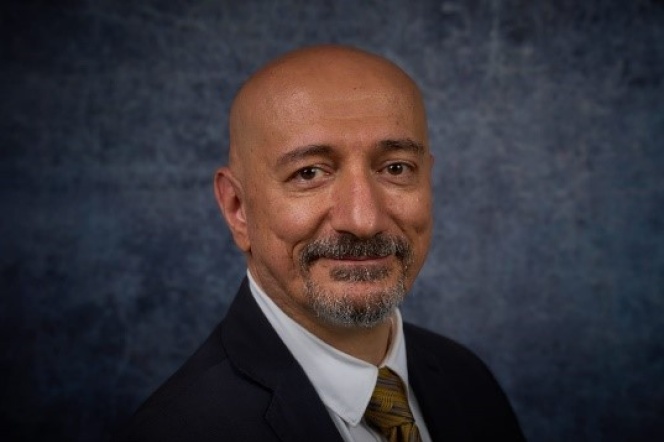Data dodania: 2024-11-13
Zaproszenie na wykład (online): Additive Manufacturing: emerging opportunities for microwave components

Abstract
The Additive Manufacturing (AM) technology, also known as 3D-printing technology, offers several interesting and attractive features, including fast prototyping, geometry flexibility, easily customizable products, and low cost (in some cases). However, using such technologies for microwave devices is not straightforward as AM has not been specifically developed for microwave components, and in most cases, some adaptation and post-processing is necessary. Furthermore, there are many AM technologies available, and it is important to understand their characteristics before selecting one.
In the presentation, an overview of the different AM technologies available will be provided. Additionally, an analysis of some of the most common AM technologies used for the manufacturing of microwave components will be conducted in more detail, with the help of several examples. Several microwave components manufactured with some of the most popular AM technologies will be shown, along with a detailed description of the manufacturing process, post-processing, and all actions necessary to make the component perform well. Furthermore, it will be shown how the flexibility of this technology allows the development of new classes of components with non-conventional geometries that can be exploited to obtain high-performing components in terms of compactness, weight, losses, etc.
-
2026-01-07
Zaproszenie na wykład zdalny
-
2025-12-09
Odeszła mgr inż. Ligia Schleifer-Wroczyńska
-
2025-05-19
Nagorda za najlepsze wystąpienie



